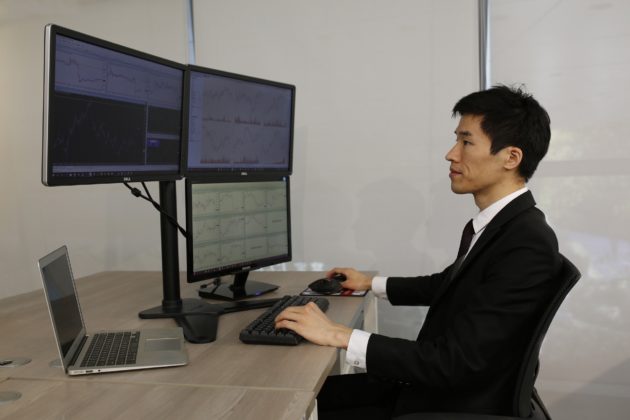You don’t need much to try your hand at professional forex trading. At first, all you need to do is figure out how much you can afford to invest into your strategy and look for a broker that can help you. In the past, forex investment used to be a solution that was reserved exclusively for big companies and banks. However, as the digital world has evolved, online forex trading has emerged as an easy option for anyone. Just remember that you need more than just money to become a pro. You’ll also need to develop skill and patience in the market. Despite the ease available to help you get into the environment, you’ll need to follow some steps to boost your chance of success.
Understand the Forex Market
Before you can get started on your own, you need to understand how the currency environment works when it comes to trading. You’ll be spending money on dollars, pounds, and other types of money, rather than assets and securities. Additionally, you won’t necessarily need a lot of capital at first, as many companies will allow you to trade on margin. On average, you’ll need at least $300 to get started. The amount that you go above and beyond that entry point will depend on a number of things, including how capable you are of dealing with risk.
Try a Demo Account
Once you understand the industry and how to reduce your risk in it, you can think about getting started with a demo account. Demo profiles allow you to place trades in real-time, without using any actual money. This will give you an option to see whether your assumptions about the marketplace are correct. At the same time, you can use your account to practice your skills and develop a better proficiency for trading. If you want to go above and beyond demo options, you can also look into learning more from books about Forex and other leading experts in your industry. There are plenty of people who act as mentors in their spare time today.
Keep Working on Your Strategy
Once you’ve learned how to trade profitably on your paper account, you’ll be able to start getting involved in real, valuable trades. Remember, you’ll need a track record of success that lasts longer than a couple of weeks. Most experts suggest making sure that you’re consistently benefiting from your investments for a period of six months before you upgrade to a real account.
Once you start trading money, it’s important to keep track of your wins and losses to ensure that your strategy is working for you. The marketplace constantly changes and evolves, and you’ll need to ensure that you always have your finger on the pulse so you can avoid making dangerous decisions with your cash. If you decide that you want to put a new strategy to the test, you can always return to your demo account and see whether it works before you dive in full-steam ahead.

